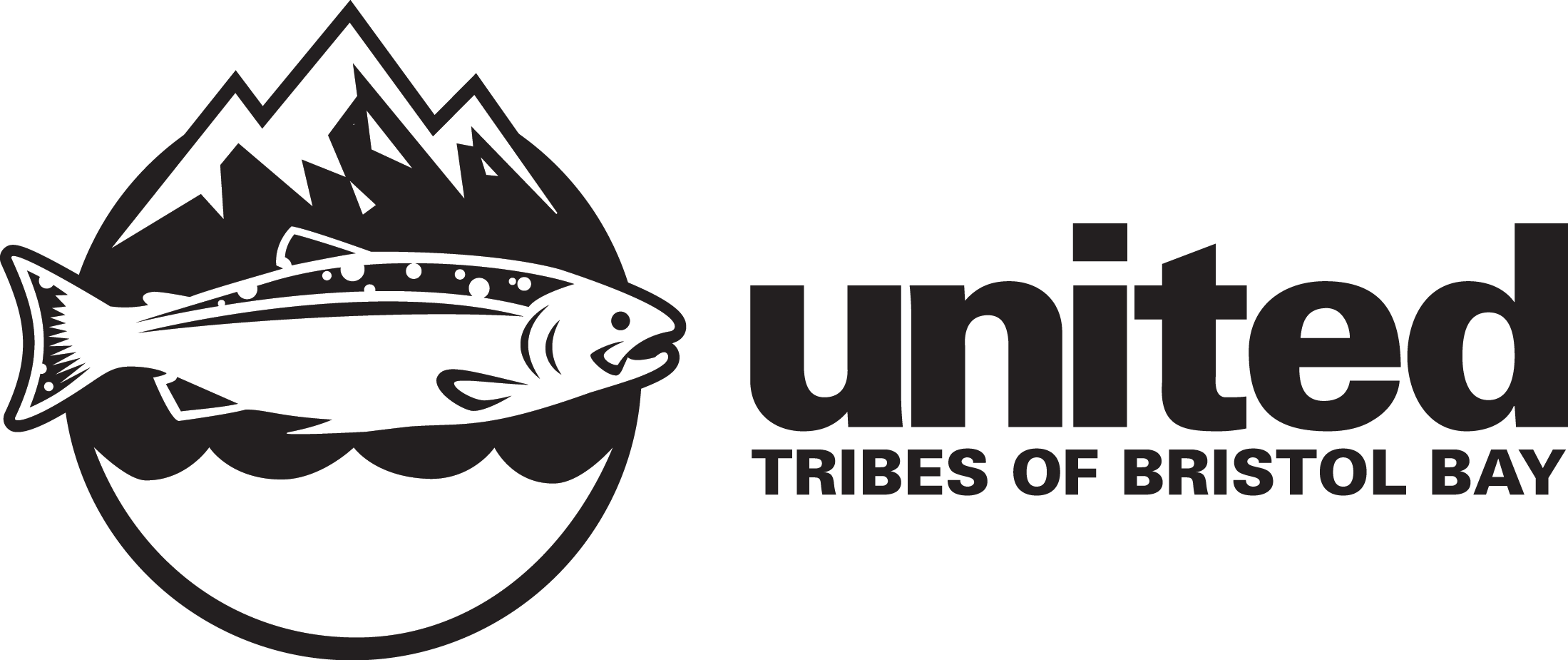Bristol Bay Tribes and others are celebrating today’s news that the Army Corps of Engineers will deny Pebble’s major federal permit, as the decision reflects the sound science and overwhelming public opposition to this toxic project.
Read MoreBristol Bay Tribes called on the Senator Murkowski to include regional leadership in the development of long-term protections for the area. This call comes as the Tribes' request to meet the Senator remains unanswered.
Read MoreThe release of additional ‘Pebble Tapes’ once again confirms that the company behind the Pebble Mine is deceiving Alaskans and our elected representatives. The new tapes magnify the need for protections that will ensure the region’s future is not driven by political winds and the efforts of a foreign mining company focused on its bottom line.
Read MoreUTBB is endorsing candidates this year who will protect Bristol Bay’s wild salmon: Joe Biden for U.S. President, Al Gross for U.S. Senate, Alyse Galvin for U.S. Congress, and Bryce Edgmon for Alaska House of Representatives for District 37.
Read MoreBristol Bay leaders called on Alaska’s Senators to stand up for Bristol Bay and stop the proposed Pebble Mine in light of recent news about the depth of the company’s deceptions and illicit support from state and federal leaders and regulators.
Read MoreToday's news of a change of leadership at the Pebble Limited Partnership does nothing to change the company's deceitful and corrupt dealings, and influence on the project's advancement in the State and Federal arenas.
Read MoreThe latest news of Pebble’s duplicitous efforts to get a favorable permit decision confirm what Bristol Bay Tribes and residents have long suspected: the Pebble Limited Partnership has engaged for years in a smoke and mirrors campaign to fool Alaskans and the American people about its project, and it’s time for Alaska’s delegation to step in and protect the region from this corrupt company.
Read MoreToday’s news that the U.S. Army Corps of Engineers finally acknowledged Pebble’s proposal is too toxic for Bristol Bay was met with celebration by the region’s Tribes and residents, who have worked to oppose this project for more than 20 years.
Read MoreThis weekend Democratic Presidential candidate Joe Biden released a strong statement opposing the Pebble Mine and committing to stop the unpopular project. Bristol Bay tribes celebrated his dedication to protecting the region. Vice President Biden’s announcement comes amidst increasing calls for the Trump Administration to stop the Pebble Mine from sportsmen, tribes, commercial fishermen, and celebrities across the nation – including Donald Trump Jr.
Read MoreToday the U.S. House Oversight and Reform Committee sent a letter to the Department of Defense’s Inspector General requesting an investigation of the Pebble Mine permitting process. The letter outlined serious concerns with the unprecedented timeline, disregard for scientific scrutiny of the assessment, and the millions spent by the Pebble Limited Partnership on lobbyists in D.C. to influence the agency’s conduct within the process.
Read MoreBristol Bay Tribes celebrated the news that the House of Representatives acted today to help stop the corrupt permitting process that is fast-tracking Pebble’s toxic proposal.
Read MoreTechnical experts and Bristol Bay leaders reiterated significant short-comings and gaps in Pebble’s Final Environmental Impact Statement, making it imperative that elected leaders step in to stop the permit from being issued to the Pebble Mine.
Read MoreToday the U.S. Army Corps of Engineers (USACE) released by mail a fundamentally-flawed final environmental impact statement (EIS) for the proposed Pebble Mine. The document ignores science and does nothing to address comments filed by tens of thousands of people who all know the truth: the proposed gold and copper mine will devastate Bristol Bay’s waters and its world-class fishery.
Read MoreNew analysis shows that the Pebble’s plan and environmental review does not adequately account for seismic risks at the proposed mine site, leaving the region’s fishery, communities and cultures exposed to significant devastation.
Read More